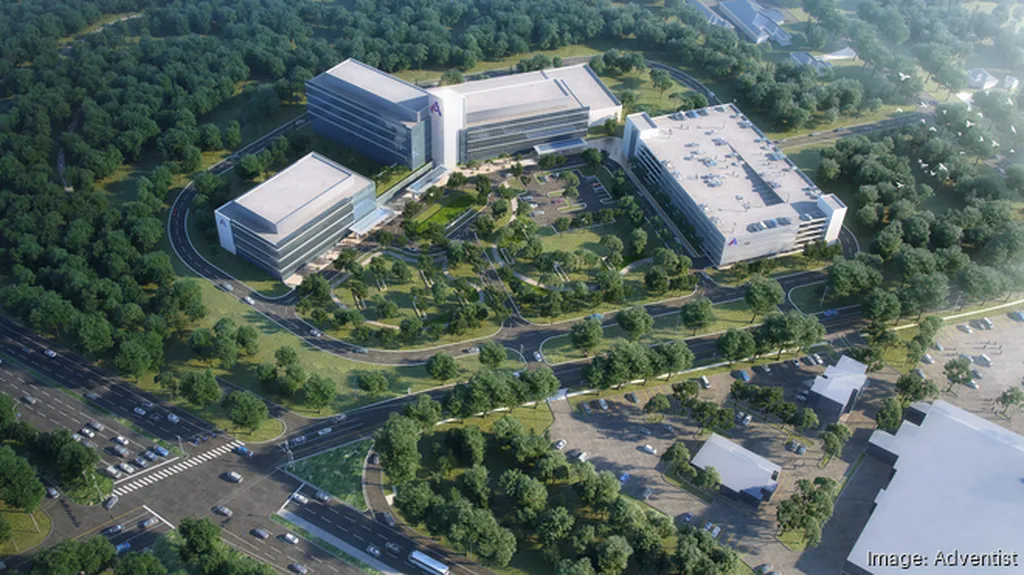In the high-stakes world of construction projects, risk management is the unsung hero that can make or break a project’s success. A recent study published in the journal *Engineering and Construction Management* (مهندسی و مدیریت ساخت) sheds light on the critical risks associated with hospital construction projects, offering valuable insights for the industry. Led by Ibrahim Abdolahnejad, a graduate of Shahid Beheshti University, the research delves into the complexities of managing risks from design to commissioning, with a particular focus on the construction of hospitals.
Hospital projects are notorious for their complexity, involving a multitude of stakeholders, intricate designs, and stringent regulatory requirements. Abdolahnejad’s study identifies the top three risks that can derail these projects: incoordination between project participants, delays in government payments, and significant changes in executive plans and technical specifications. “These risks are not just theoretical; they have real-world impacts on project timelines and budgets,” Abdolahnejad explains. “Addressing them proactively can save millions and ensure that critical healthcare infrastructure is delivered on time and within budget.”
The study employed a rigorous quantitative evaluation, simulating the project implementation through 5,000 iterations. The results revealed that the project could take anywhere from 5 to 10 years, with an 80% probability of completion within 8 years. In terms of cost, the budget could range from a minimum of 70 billion to a maximum of 140 billion, with an average budget of 88 billion. While the cost estimates come with some uncertainty due to a lack of reliable information, the study underscores the importance of robust risk management practices.
The findings have significant implications for the energy sector, where large-scale infrastructure projects are common. “Understanding and mitigating these risks can enhance project performance and ensure that critical energy infrastructure is delivered efficiently,” Abdolahnejad notes. By leveraging the project management body of knowledge, stakeholders can take proactive steps to improve coordination, streamline payment processes, and minimize changes during execution.
The research also highlights the need for better data collection and analysis to improve cost estimates. “Accurate cost projections are crucial for securing funding and managing stakeholder expectations,” Abdolahnejad adds. “Investing in reliable data can pay dividends in the long run.”
As the construction industry continues to evolve, the insights from this study can shape future developments in risk management. By adopting a proactive approach to identifying and mitigating risks, project managers can enhance project performance, reduce costs, and ensure timely delivery. The study serves as a reminder that in the high-stakes world of construction, risk management is not just a best practice—it’s a necessity.
For professionals in the energy sector, the lessons from this research are clear: robust risk management is key to successful project delivery. By learning from the experiences of hospital construction projects, stakeholders can apply these insights to their own ventures, ensuring that critical energy infrastructure is built efficiently and effectively.

